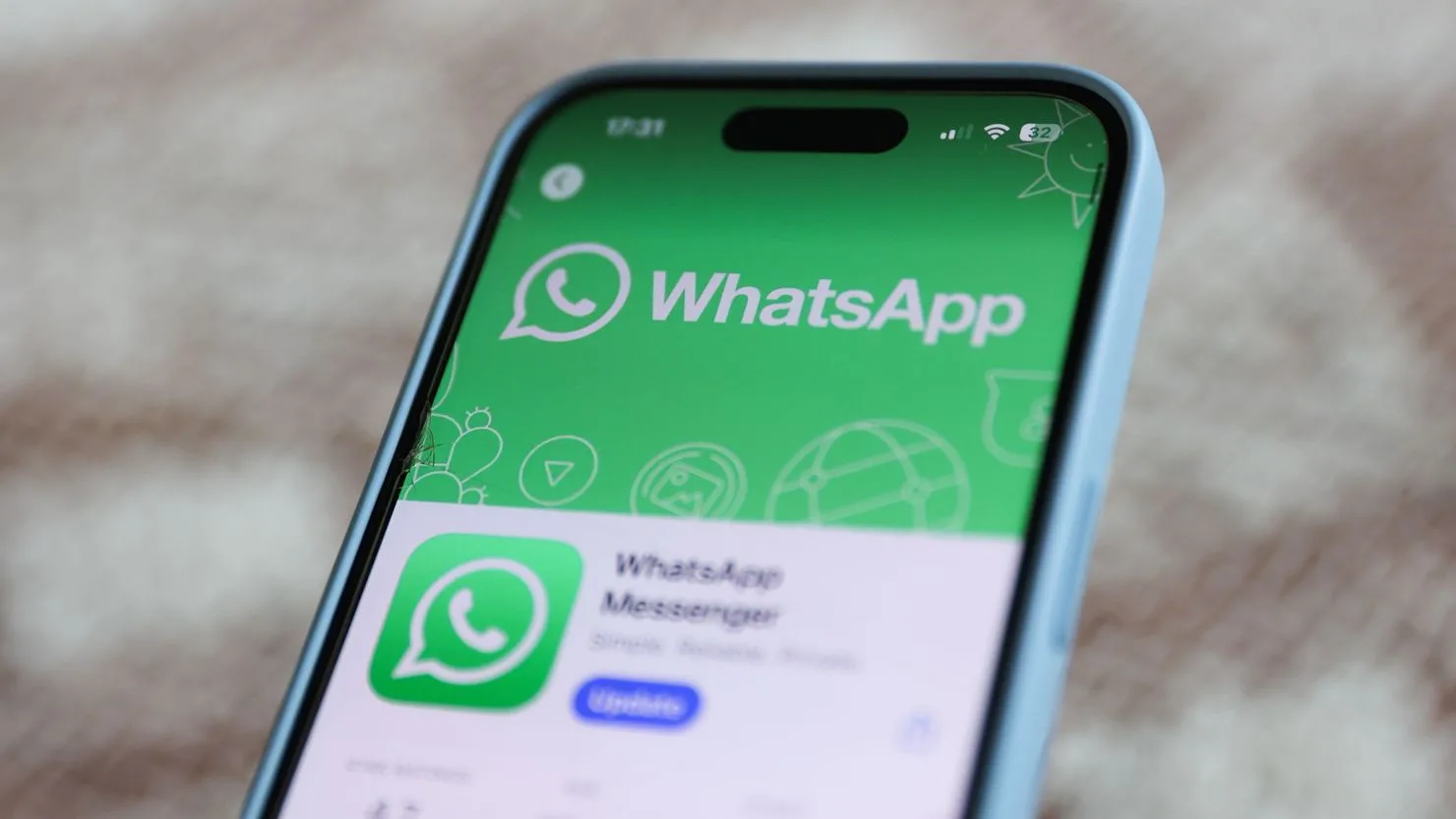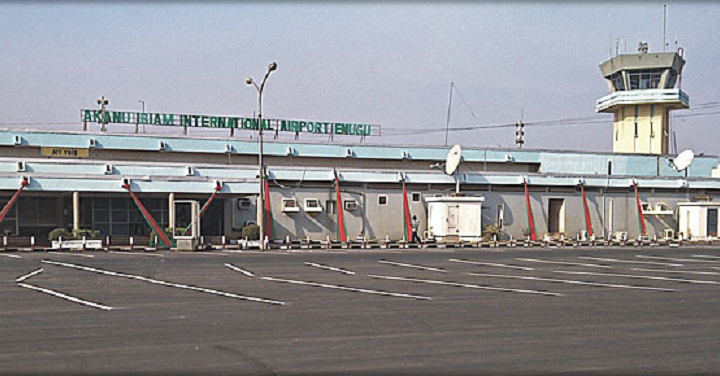Iran’s Supreme Council of Cyberspace has voted unanimously to lift the ban on WhatsApp, state media reported on Tuesday. The popular messaging app had been restricted for over two years, alongside other platforms like Google Play. The decision marks a significant shift in the country’s internet policy.
“The ban on WhatsApp and Google Play was removed by unanimous vote,” the IRNA news agency stated. This council, headed by Iran’s president, includes influential members such as the parliament speaker, judiciary head, and several key ministers.
Join our WhatsApp ChannelCommunications Minister Sattar Hashemi celebrated the move on social media, posting, “Today, we took the first step towards lifting internet restrictions with unanimity and consensus.”
Debate Over Removing Restrictions
While the lifting of the ban has been welcomed by many, it has also sparked heated debates within Iran. Critics of internet restrictions argue that these controls have harmed the economy and frustrated citizens.
“The restrictions have achieved nothing but anger and added costs to people’s lives,” said Ali Rabiei, a presidential adviser, in a statement.
Vice President Mohammad Javad Zarif echoed this sentiment, explaining that President Masoud Pezeshkian believes the restrictions were not in the country’s best interest. “All experts agree that these bans are detrimental to the country’s security and progress,” Zarif stated.
However, some conservative lawmakers have voiced opposition. The reformist Shargh newspaper reported that 136 members of the 290-seat parliament sent a letter to the council, warning that lifting the ban could weaken national values.
READ ALSO: How To Set Up Meetings On WhatsApp
Other Platforms Remain Blocked
Despite this development, several other popular apps remain inaccessible in Iran. Social media platforms like Facebook, X (formerly Twitter), and YouTube have been blocked since 2009. Telegram was banned in 2018, while Instagram and WhatsApp were added to the list following the 2022 protests over the death of Mahsa Amini.
Meta, the U.S.-based company that owns WhatsApp, has previously stated it has no plans to set up operations in Iran. This has fueled ongoing tensions, as Iranian officials demand foreign tech firms comply with local laws to gain market access.
VPN Usage Widespread
Iranians have increasingly relied on virtual private networks (VPNs) to bypass these internet restrictions. Many use VPNs to access blocked platforms and stay connected with the outside world.
Local apps have also been promoted as alternatives to international platforms. For instance, messaging apps like Bale, Ita, Rubika, and Soroush have been introduced for communication. Despite these efforts, foreign platforms remain the preferred choice for many.
Future of Internet Policy
President Pezeshkian, who assumed office in July, had promised to ease internet restrictions during his campaign. His administration views lifting the WhatsApp ban as a step toward fulfilling that commitment. However, whether this move signals broader internet freedoms in Iran remains to be seen.
For now, the lifting of the WhatsApp ban is being closely watched as a test of Iran’s willingness to adapt its internet policies.
Emmanuel Ochayi is a journalist. He is a graduate of the University of Lagos, School of first choice and the nations pride. Emmanuel is keen on exploring writing angles in different areas, including Business, climate change, politics, Education, and others.




















Follow Us